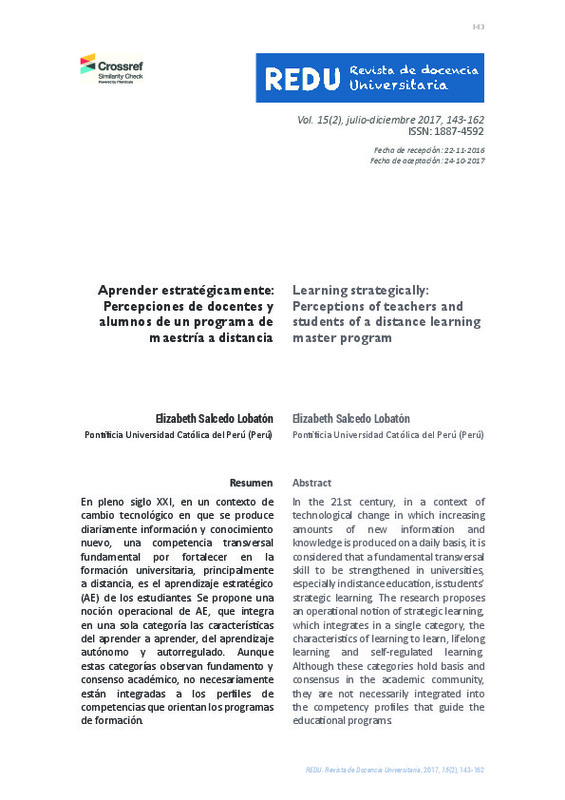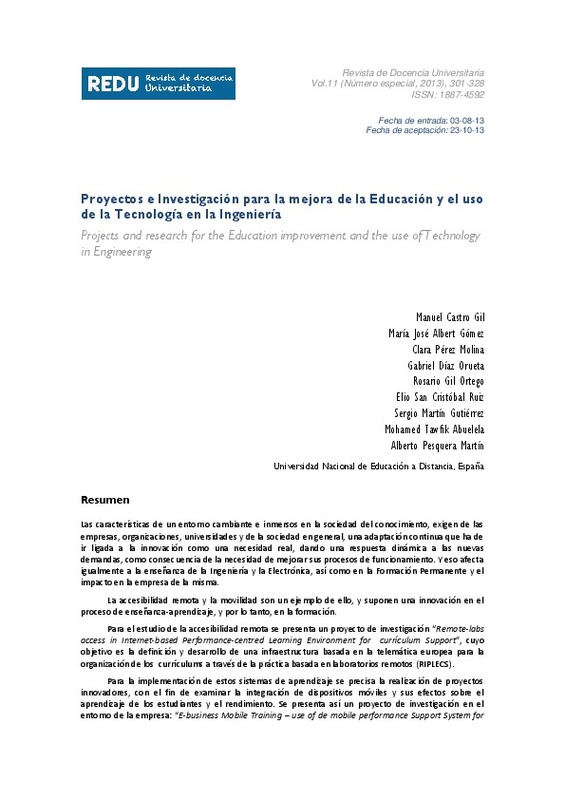|
[ES] En este TFG, vamos a estudiar una de las tres partes principales del aprendizaje automático: el paradigma del aprendizaje reforzado y su aplicación en el ámbito de los
videojuegos mediante los algoritmos Q-Learning ...[+]
[ES] En este TFG, vamos a estudiar una de las tres partes principales del aprendizaje automático: el paradigma del aprendizaje reforzado y su aplicación en el ámbito de los
videojuegos mediante los algoritmos Q-Learning y Deep Q-Learning usando el lenguaje
de programación Python. Una vez presentados los fundamentos teóricos del aprendizaje reforzado y estos algoritmos, se detallarán las tres implementaciones realizadas en el
TFG.
Por una parte, veremos la implementación de un sistema mediante el algoritmo QLearning para el aprendizaje en un juego simple llamado “Frozen Lake” hecho a medida
para el estudio del algoritmo.
Por otra parte, se verán dos implementaciones de sistemas mediante el algoritmo
Deep Q-Learning. Una de estas implementaciones tratará sobre el clásico videojuego Arcade llamado “Snake”, y la otra implementación sobre el famoso videojuego “Super Mario Bros” con ayuda del toolkit Gym de OpenAI.
Finalmente, se llevará a cabo una experimentación con las tres implementaciones para
analizar el rendimiento del sistema y el efecto de los distintos parámetros y modificaciones realizadas sobre estas.
[-]
[EN] In this TFG, we are going to study one of the three main parts of machine learning: the paradigm of reinforced learning and its application in the field of video games
through the Q-Learning and Deep Q-Learning ...[+]
[EN] In this TFG, we are going to study one of the three main parts of machine learning: the paradigm of reinforced learning and its application in the field of video games
through the Q-Learning and Deep Q-Learning algorithms using the Python programming language. Once the theoretical fundamentals behind reinforced learning and these
algorithms have been presented, we will detail the three implementations developed in
the TFG.
On the one hand, we will see the implementation of a system using the Q-Learning
algorithm for learning in a simple game called “Frozen Lake” specifically designed for
the study of the algorithm.
On the other hand, we will see two others implementations of a system using the
Deep Q-Learning algorithm. One of these implementations will be about the classic Arcade videogame called “Snake”, and the other implementation will be about the famous
videogame “Super Mario Bros” with the help of the OpenAI Gym toolkit.
Finally, we will carry out an experimentation with the three implementations to analyze the performance of the system and the effects of the different parameters and modifications made on them.
[-]
[CA] En aquest TFG, anem a estudiar una de les tres parts principals de l’aprenentatge
automàtic: el paradigma de l’aprenentatge reforçat i la seua aplicació en l’àmbit dels
videojocs mitjançant els algorismes Q-Learning ...[+]
[CA] En aquest TFG, anem a estudiar una de les tres parts principals de l’aprenentatge
automàtic: el paradigma de l’aprenentatge reforçat i la seua aplicació en l’àmbit dels
videojocs mitjançant els algorismes Q-Learning i Deep Q-Learning usant el llenguatge
de programació Python. Una vegada presentats els fonaments teòrics de l’aprenentatge
reforçat i aquests algorismes, es detallaran les tres implementacions realitzades en el TFG.
Per una banda, veurem la implementació d’un sistema mitjançant l’algorisme QLearning per a l’aprenentatge en un joc molt simple anomenat “Frozen Lake” fet a mesura per a l’estudi de l’algorisme.
Per altra banda, es veuran dues implementacions de sistemes mitjançant l’algorisme
Deep Q-Learning. Una d’aquestes implementacions tractará sobre el clàssic videojoc Arcade anomenat “Snake”, i l’altra implementació sobre el famós videojoc “Super Mario
Bros” amb ajuda del toolkit “Gym” de OpenAI
Finalment, es durà a terme una experimentació amb les tres implementacions per
analitzar el rendiment del sistema i l’efecte dels distints paràmetres i modificacions realitzades sobre aquestes.
[-]
|




![[Cerrado]](/themes/UPV/images/candado.png)




